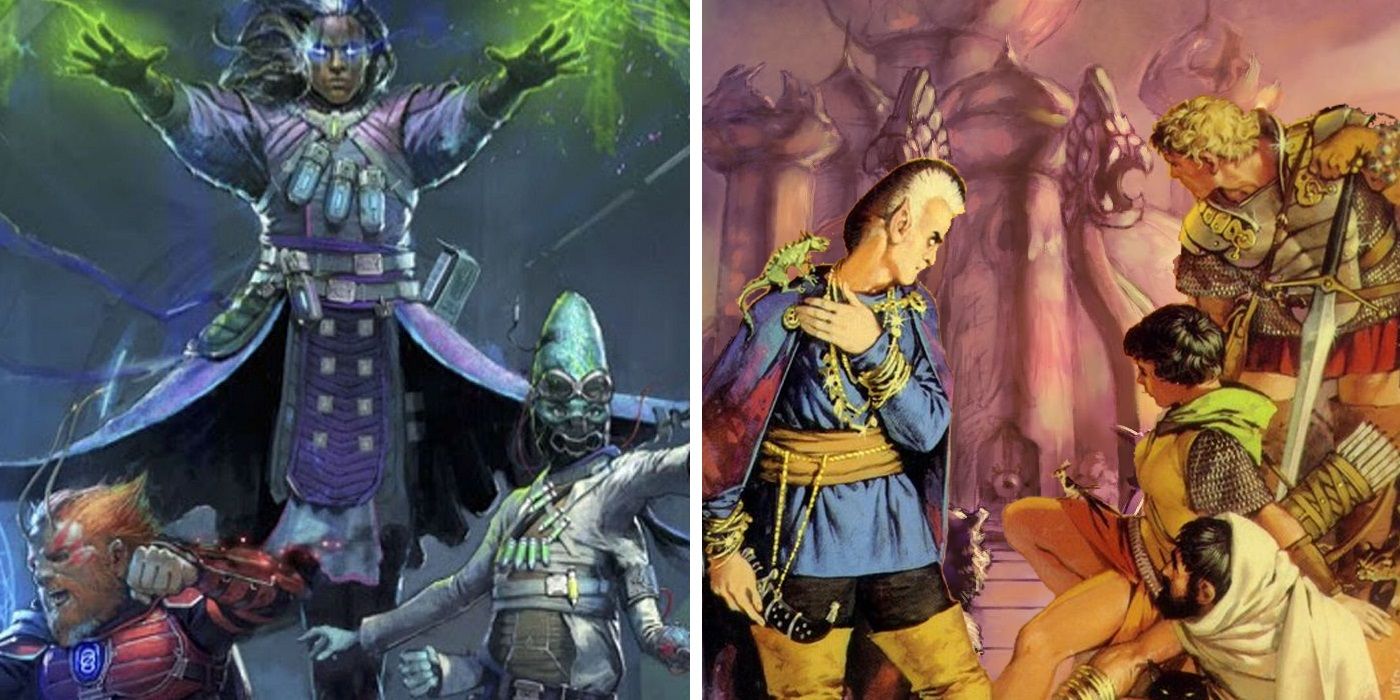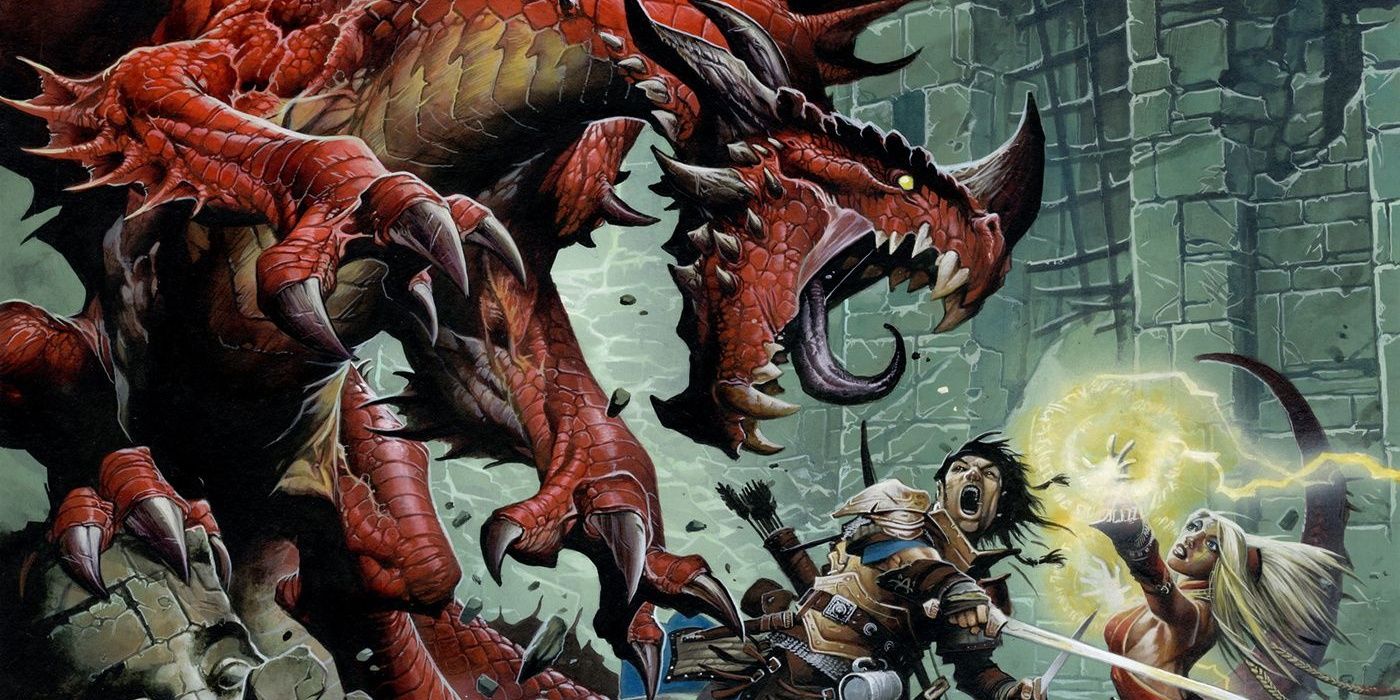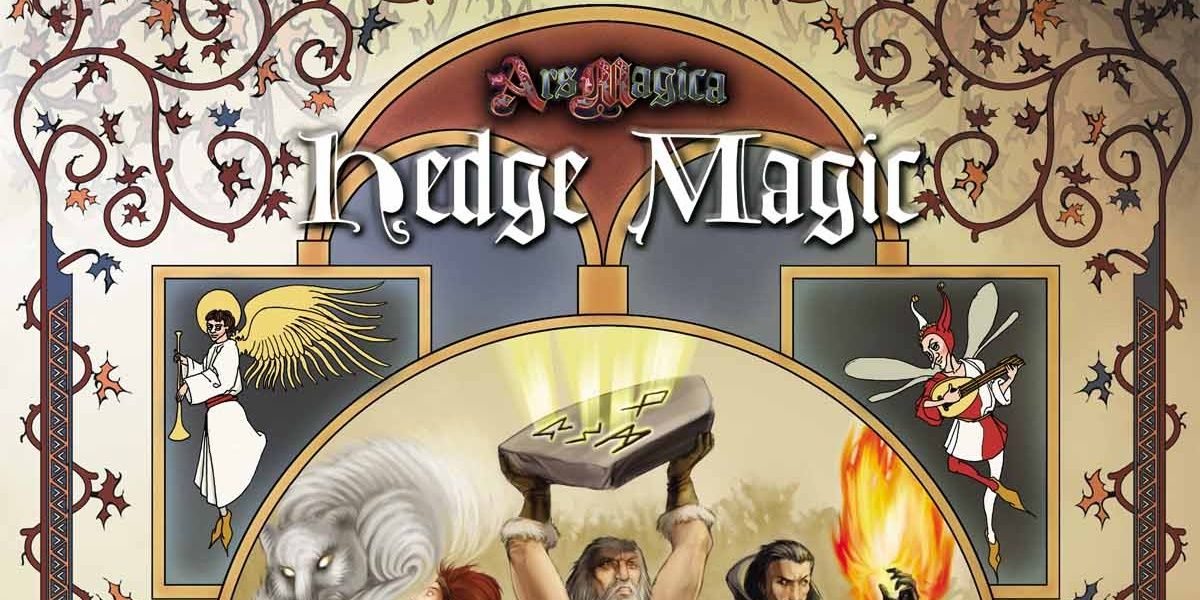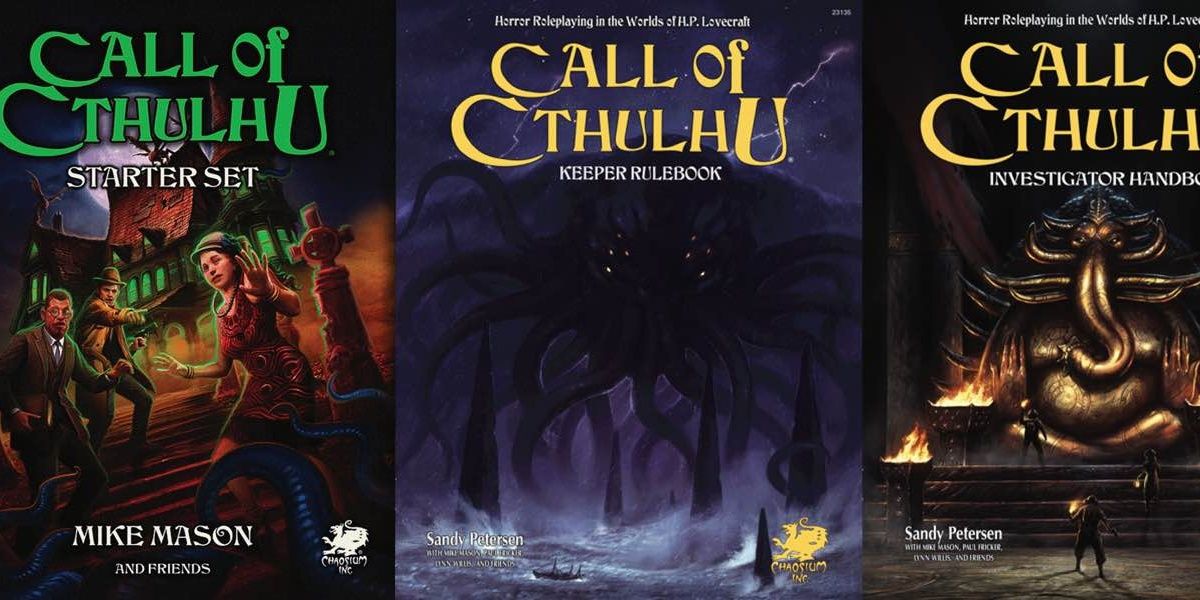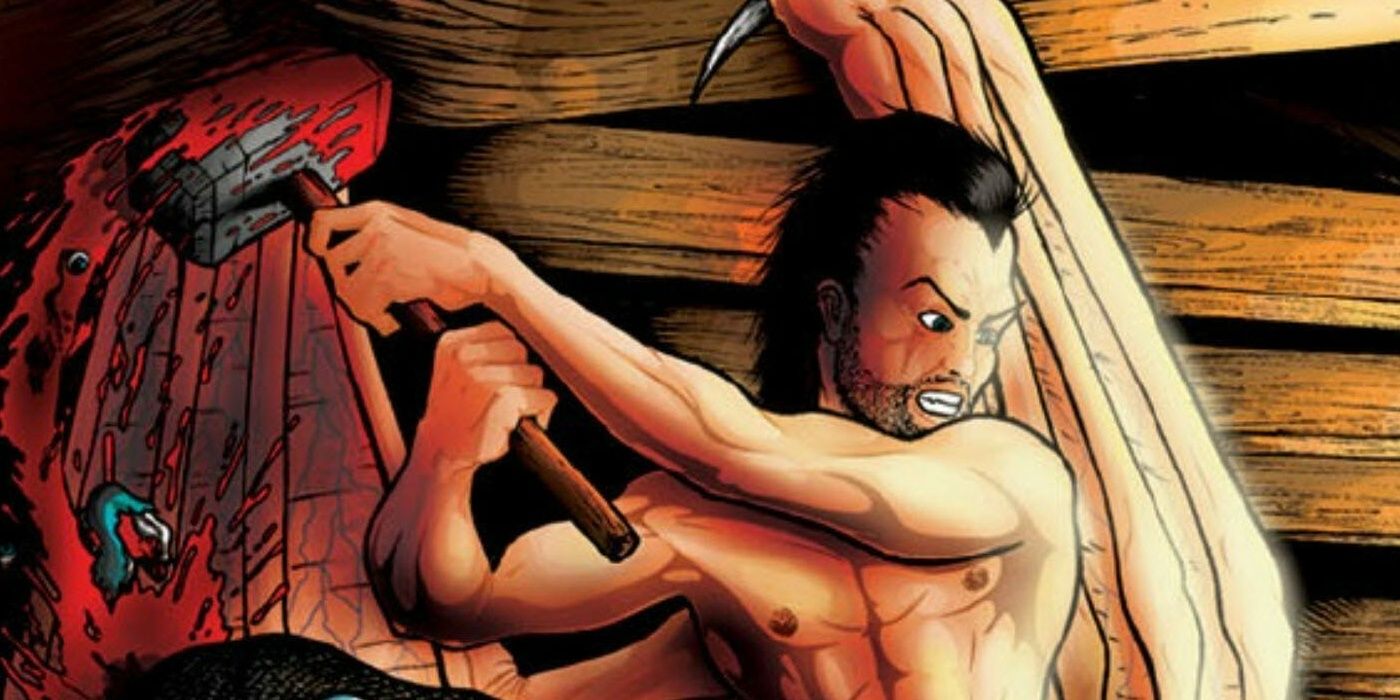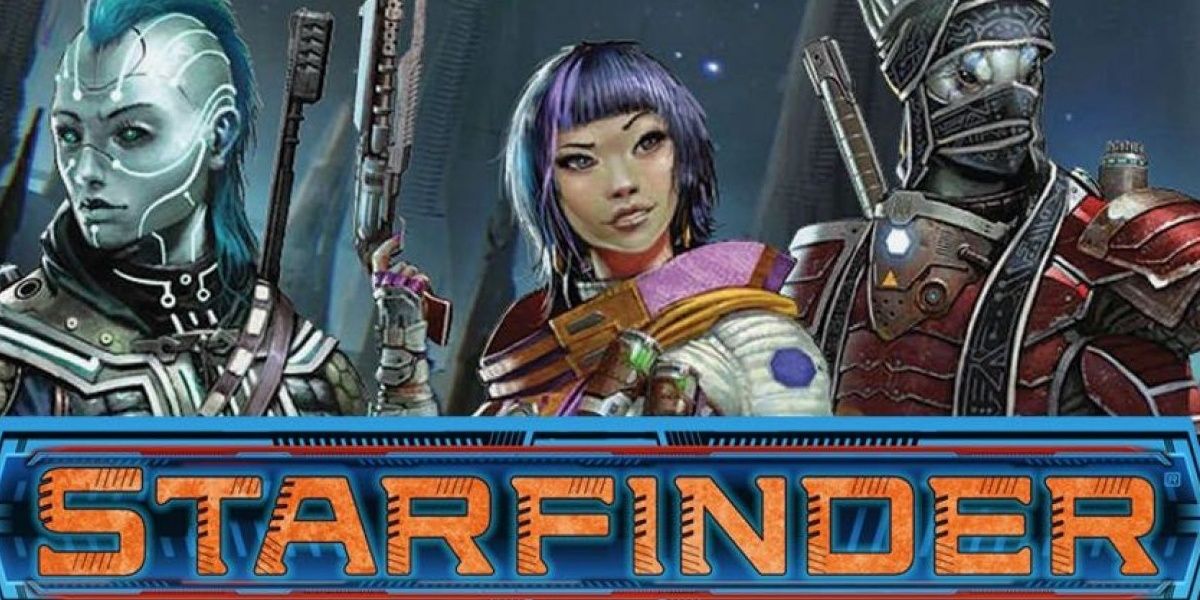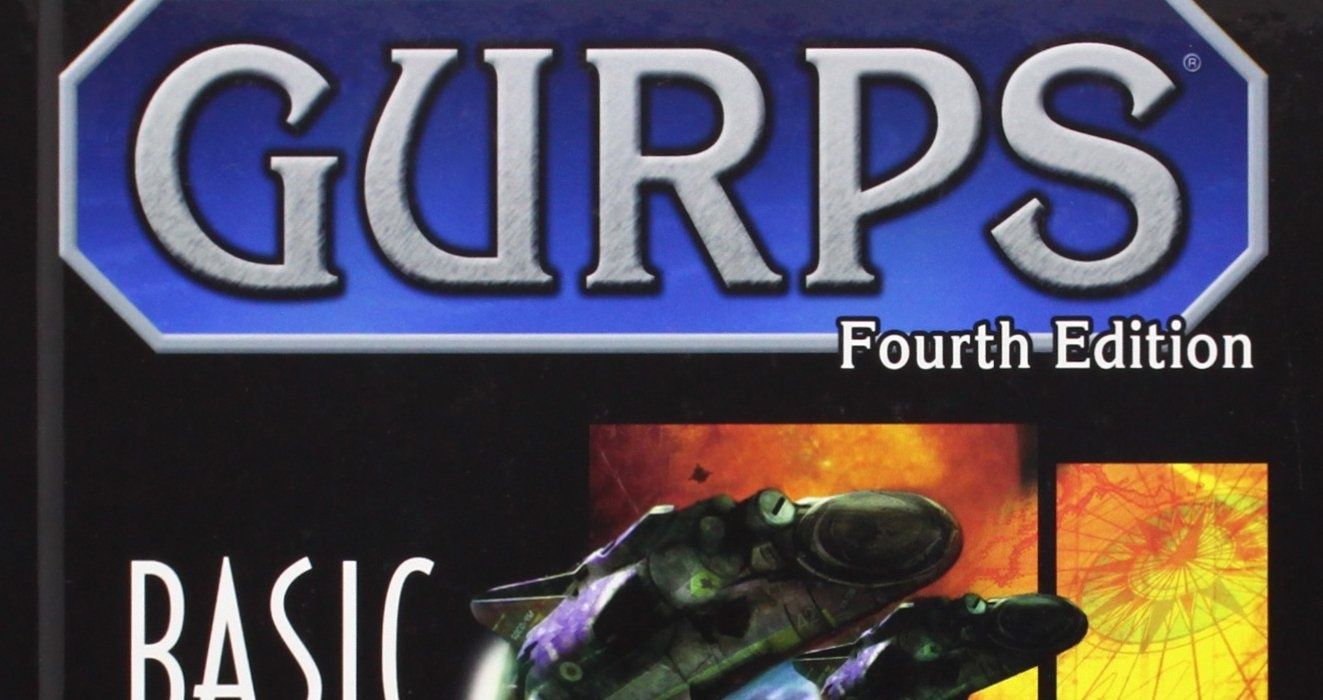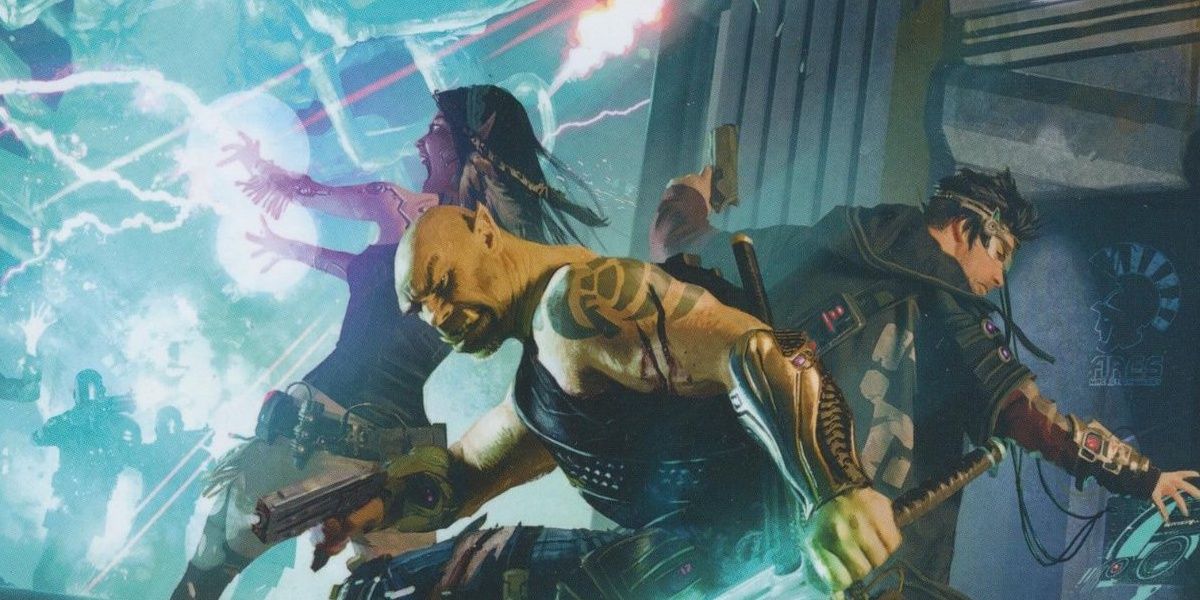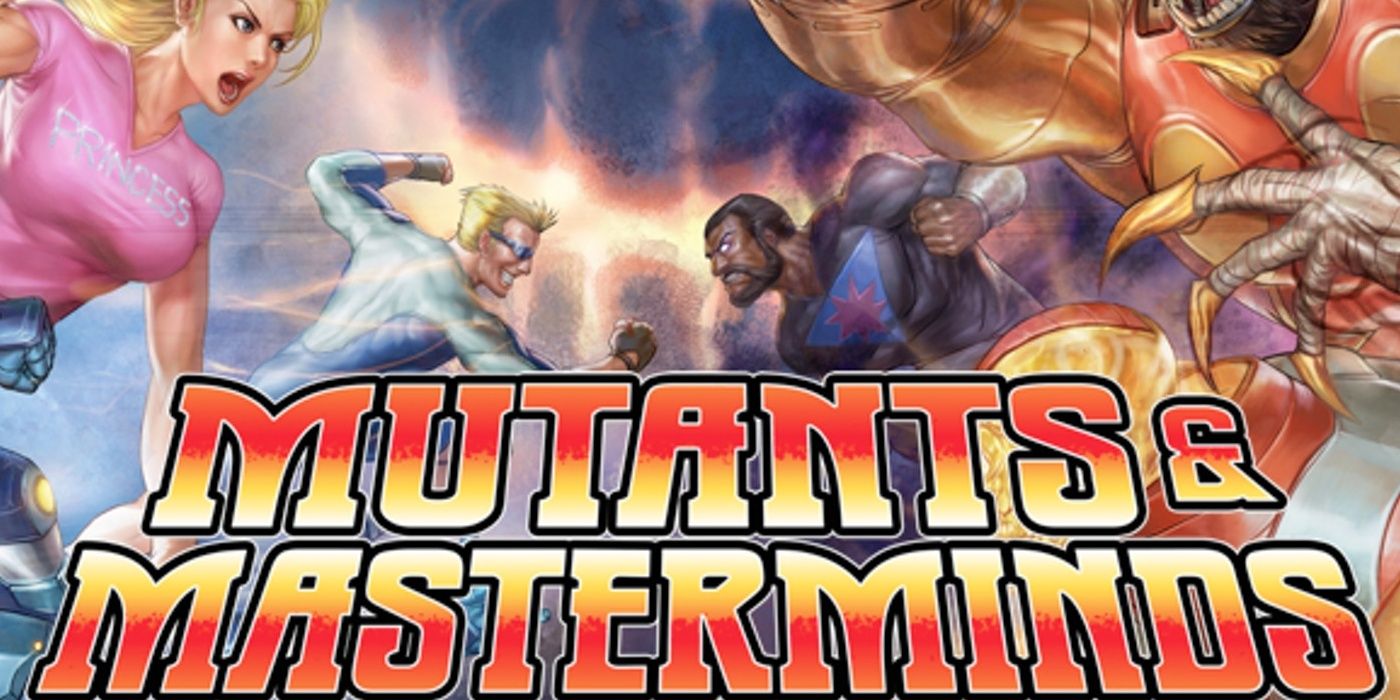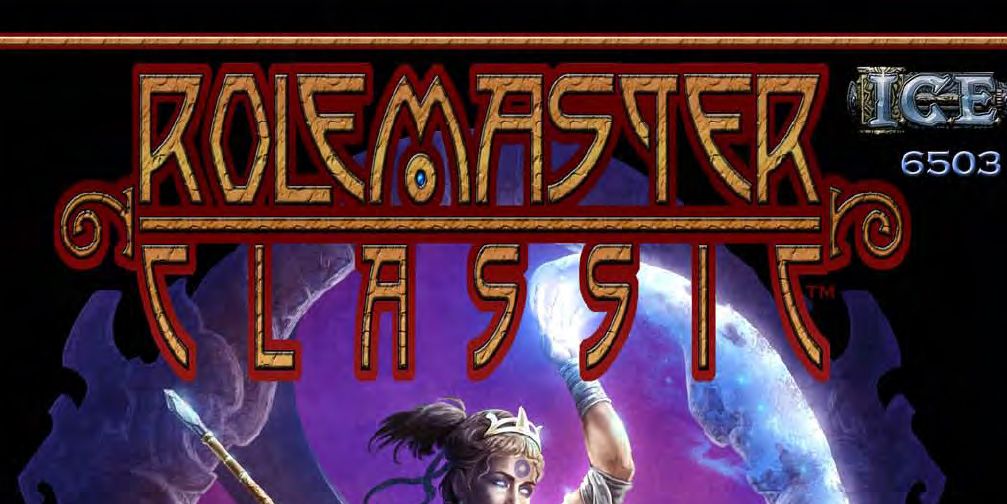Dungeons & Dragons is a great game, where friends get to create adventures with one another and fill the gaps with their own escapades and inside jokes. The fluid and well-thought-out system of fifth edition allow for anyone to start the game and join a low-level campaign. And like D&D there are many pen-and-paper RPGs with comprehensive systems that prioritize fun over calculations and tables.
However, there are also many that, while not 'bad' games, should not be recommended for those who wish to branch out from D&D fifth edition. Some Tabletop RPGs have an innate complexity that can make them very difficult to understand for new players.
10 Should Play: Pathfinder, An Easy Switch From D&D
When the fourth edition of Dungeons & Dragons was released, fans felt dissatisfied and preferred to play third edition. Thus, Pathfinder was created, a TTRPG based on third edition D&D with some added rules and new classes for players to try.
Though the fifth edition of Dungeons & Dragons has since been released and is regarded as the best version for new players, many fans will still gravitate to the ruleset of third edition, and thus Pathfinder continues to succeed with the release of its second edition of revised rules.
9 Should Not Play: Ars Magica, A Magic System That May Be Too Dense
Ars Magica presents a fascinating world and system but suffers from an incredibly dense and involved magic system that only becomes harder to manage the longer players continue through a campaign. The magic system surrounds fifteen total Arts of magic that are then separated into five Techniques and ten Forms.
Each spell Technique centers around a verbal command using Latin to denote an action, and then the Forms use Latin nouns for objects, elements, and animals. While this system is incredibly interesting, many players cited that it was simply too dense. Add that with a rulebook that scatters its rules across hundreds of pages, and Ars Magica can be difficult for many players to get their heads around.
8 Should Play: Call of Cthulhu, A Great Adaptation Of Cosmic Horror
Using Lovecraft's work in name only (and not his horrific racism), Call of Cthulhu creates a game system that constantly places the players at a disadvantage. The system itself is designed to make the player feel small and weak in comparison to the many immortal monsters of the cosmic horror genre.
Using percentile dice to calculate skillchecks and sanity, the players can only rely on their wits and quick thinking to persevere in a game system designed to kill them. This system is recommended for players who are fans of cosmic horror media.
7 Should Not Play: F.A.T.A.L., The Darkest That Dark Fantasy Can Get
F.A.T.A.L. is a difficult game to discuss without immediately discouraging players from trying it. Universally panned upon its release, the confusing skills and complex mathematics involved make F.A.T.A.L. feel random and unfair. The sheer number of skills and abilities that relate to sex is quite shocking, and even more horrific when you learn that consensual sex does not appear anywhere in the rulebook.
In terms of dark fantasy TTRPGs, F.A.T.A.L. is about as dark as it gets, and not in a fun way like Game of Thrones or Dark Souls— but in a manner that makes players not want to participate in the game any longer.
6 Should Play: Starfinder, Because It's D&D In Space
D&D in space is a very popular idea amongst the tabletop community. Starfinder creates a thorough system to accommodate most aspects of modern-day sci-fi concepts. It includes armor classes for both energy and physical weapons, as well as a detailed system for ship-to-ship combat as well as stats for your ship, crew abilities, and different forms of dogfighting combat maneuvers.
Alongside varying planetary environments and hazards, the game also simplifies some of the more complex aspects of D&D such as saving throws and ranged/melee attack modifiers. Starfinder creates a space-opera-inspired system that allows you to create any journey you wish.
5 Should Not Play: GURPS, From Fantasy To Science Fiction
GURPS, or the Generic Universal Roleplaying System was designed as the foundation for any kind of RPG setting from space to swords and sorcery. However, in an attempt to create a system that includes everything, what was created is a very dense, highly mathematical game that requires players to factor in equations when performing certain skillchecks.
Whilst many would credit the system its realism and attention to detail, for players just coming out of Dungeons and Dragons fifth edition, this game may be too complex until they become a little more seasoned.
4 Should Play: Shadowrun, A Mixture Of Sci-Fi & Fantasy
Combining magic and monsters with the monstrosity of capitalism, Shadowrun is often considered one of the best cyberpunk RPGs. Whereas most cyberpunk RPGs would focus solely on corporate entities and cybernetic enhancements, Shadowrun takes all that and adds in fantasy elements such as magic, Elves, Goblins, and Trolls.
Utilizing the under-dark world of spies, corporate giants, and informants with the awe-inspiring actions of magic, Shadowrun creates a unique experience that gives your dystopian setting more room to play around and explore other themes.
3 Should Not Play: Phoenix Command, A Hyperrealistic Combat Game
A Tabletop RPG system that strives for realism, Phoenix Command sought to enhance the combat phase by adding in realistic injuries and effects. Following a table of effects, the damaged character would suffer a variety of status effects to change their gameplay. Primarily focusing on military weaponry, Phoenix Command released a variety of expansion books that increased the armory of weapons players had access to.
What most players would find difficult about this game is its complexity and specific responses to combat. While some may see this as adding a new layer to the game, for most it would be more of a hindrance to enjoyment.
2 Should Play: Mutants & Masterminds, The Ideal Superhero Power Fantasy
Every kid has always wanted to create their own superhero story, and Mutants and Masterminds allow you to do that. With power levels that grant different amounts of points, players are freely available to assign their own stats. Unlike D&D, Mutants and Masterminds also feature no classes, and players are given the freedom to build their own powers from ability descriptions in the rulebook.
Spanning more than just the modern-day superhero ideal, Mutants and Masterminds also has rules and guides for a variety of eras, settings, and locations. Mutants and Masterminds is a great system that lets a player feel as powerful as the character they've built.
1 Should Not Play: Rolemaster, Definitely A Product Of Its Time (The '80s)
Rolemaster is a classic Tabletop RPG to many. However, for players coming out of D&D fifth edition, may find its sheer volume of weapon effects, spells, and feats to be extremely overwhelming, especially in the late game.
Characters tend to feel overpowered beyond a certain level and the number of abilities to manage, create a very cluttered system for a player not used to Tabletop RPGs from the '80s. Rolemaster and its other versions Spacemaster, and the Middle-Earth Roleplaying Game are a favorite to many, but newer D&D players may not enjoy it.

